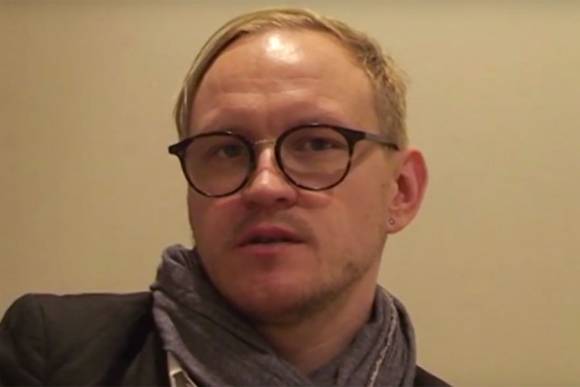There are certainly strengths to be mobilised - a large pool of great filmmaking talent, stable public financing structure both into traditional content as well as new forms, significant territories for scaling up the user numbers as well increasingly vibrant start up and entrepreneurship scene that has produced several global success stories. These include Estonian-based fin tech behemoth Transferwise that has revolutionised cross border money transfers with a valuation of 1.1 billon USD, or the Belorussian-made video filter app MSQRD that creates funny masks around the user’s face, which was acquired by Facebook for a whopping 117m USD.
Inevitably one needs to ask why the success within the tech community has not made a crossover to the film and audiovisual sector which boasts a surprising amount of similarities to the startup scene - both are are high concept product driven industries with a focus on quality based teamwork and talent, both require large investments with a high risk ratios and an equally high failure rate, and last but not least - if there will be success, it will be significant.
The answer is the currently slow adoption of Europe’s audiovisual producers and stakeholders to the new dynamic and lean business management and production models that many of Europe’s leading startup’s have internalised not only to stay afloat in the turbulent market conditions, but to give the company a full throttle for rapid growth when the required investments come.
A new joint initiative - Propellor Film Tech Hub - by Berlinale’s European Film Market, the Rotterdam Film Festival, Copenhagen’s CPH Dox and Berlin based consultancy Cinemathon has set out to address this crucial issue by bringing film and and technology leaders together in order to establish discussion points on how Europe’s filmmakers could benefit from the success of the startup and technology sector and innovate together.
The Propellor Speednic - event held in during EFM 2017 brought together 24 key players from the film business and Berlin’s vibrant technology scene for an intensive afternoon brainstorming session to discuss barriers and opportunities for cross sectorial innovation and how knowledge transfer from technology could bring new inspiration and a boost to the film community.
The session produced 11 calls to action to be disseminated:
- gain Clarity - about the challenges and opportunities in the film industry
- tech Entrepreneurship and innovation strategies in film schools
- embrace Interdisciplinary co creation and collaboration
- develop new forms of Curation for the growing amount of films
- learn how to use Data
- find new Connections between filmmakers and audiences
- redesign the cinema-going experience
- integrate media and Film Education in schools
- apply the film industry’s creative potential to Business Innovation
- use festivals as Testing Grounds for new business models
- build a sustainable Dialogue between the film and tech communities
Propellor’s call for actions will see its first testing at the “Propellor Springboard” - a two day workshop for interdisciplinary teams “to jointly work on ideas that can propel the film industry into the future” held on March 18-19th during Copenhagen’s CPH Dox. The Springboard is the follow up to Propellor’s successful first hackaton session held in Rotterdam that produced concepts for a film curation app dubbed “Tinder for Films” as well as an augmented reality based software enabling users to unfold film-based stories in urban space.
See more on Propellor at: http://www.propellorfilmtech.com/
About the Author: Sten-Kristian Saluveer is festival, film and music producer, technology entrepreneur & media researcher. Along with co-running the industry office at Tallinn Black Nights FF, he consults various governmental and private organisations on European and Asian collaboration, technology and innovation and the impact of technology on the film and media sector.




















